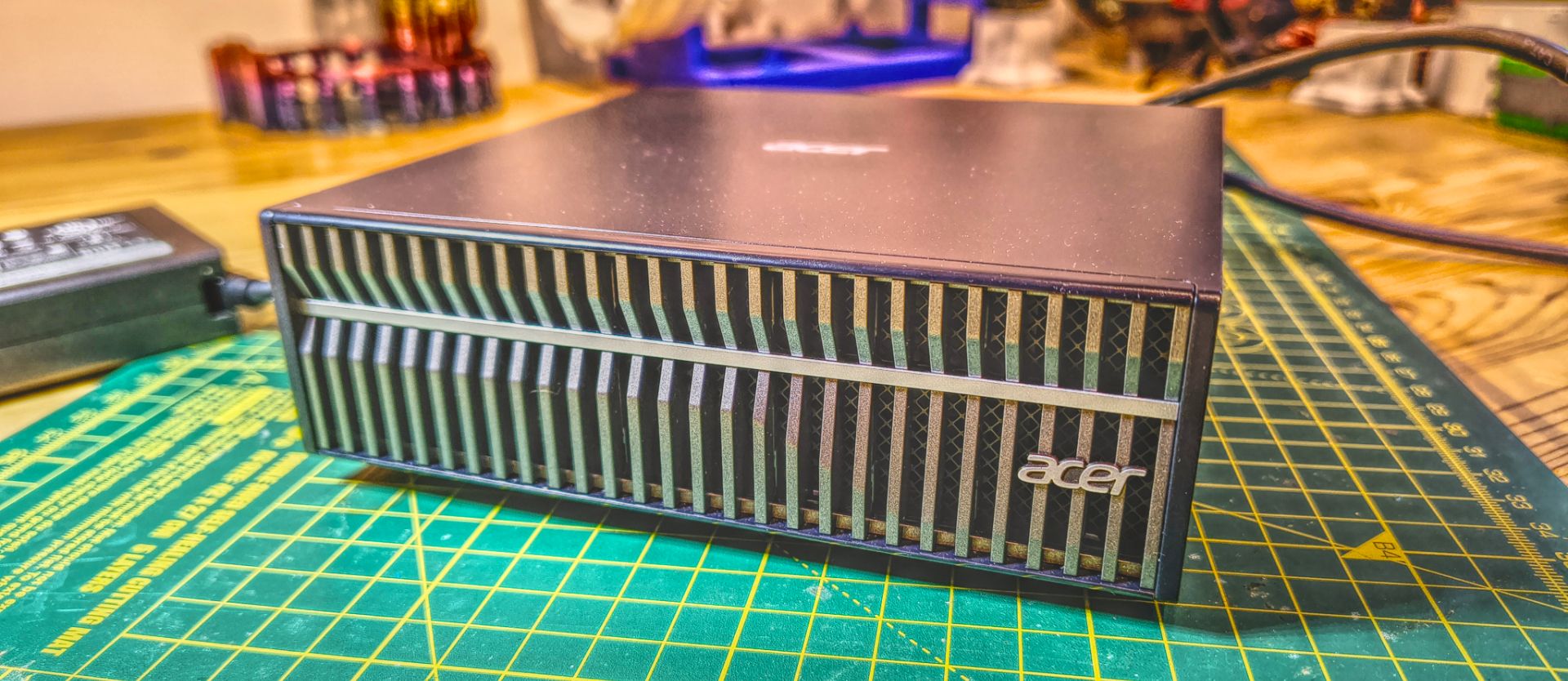Project Mandala is exploring how regulatory requirements can be digitally embedded into cross-border payment systems to automate compliance.
Led by the BIS Innovation Hub Singapore Centre with the Reserve Bank of Australia, Bank of Korea, Bank Negara Malaysia, and the Monetary Authority of Singapore, the project aims to automate compliance procedures and reduce regulatory friction in international transactions.

It builds on Project Dunbar, which tested a multi-central bank digital currency platform for cross-border settlements.
Using a compliance-by-design architecture, Mandala encodes jurisdiction-specific rules into a shared digital framework to enable real-time monitoring, pre-validation of checks, and automatic proof generation before payments are made.

These proofs can be attached to central bank digital currencies or Swift messages to ensure all requirements are met before funds are transferred.
The proof-of-concept tested two use cases: cross-border lending between Singapore and Malaysia, and capital investment financing between South Korea and Australia.

Both showed how automation can speed up processing, reduce duplicate checks, and protect privacy through zero-knowledge proofs and multi-party computation.
Mandala runs on a peer-to-peer network linking banks and regulators.
Each participant operates a node combining a secure messaging layer, a rules engine that translates regulations into code, and a proof engine that verifies compliance automatically.
Project Mandala Enters Phase 2
Mandala has been successfully tested with both Project Mariana’s wholesale CBDC network and the Swift transaction manager, showing its ability to integrate with existing and emerging payment systems.
BIS published its final Phase 1 report in October 2024, confirming that compliance can be embedded within cross-border transaction protocols.
In November 2025, the project moved into Phase 2 with new participants, including the Bank of France, Reserve Bank of India, Central Bank of Kuwait, Bangko Sentral ng Pilipinas, and Bank Negara Malaysia.
The next phase will test scalability, expand use cases, and explore programmable compliance for digital assets.
If proven effective, Project Mandala could serve as a common compliance layer for global payment systems, supporting G20 and Financial Stability Board goals to make cross-border payments faster, safer, and more transparent.
Featured image: Edited by Fintech News Singapore, based on image by thanyakij-12 via Freepik













